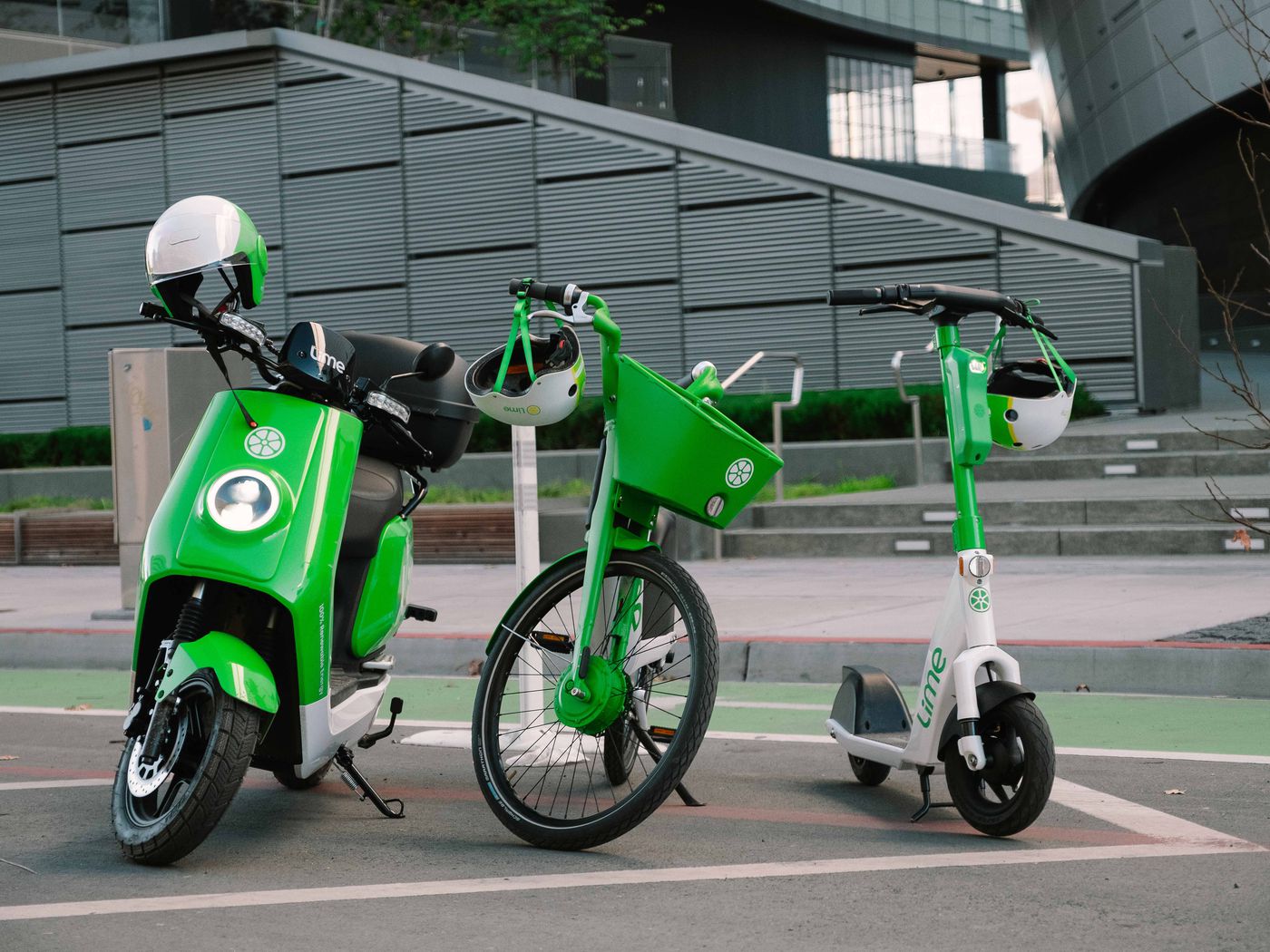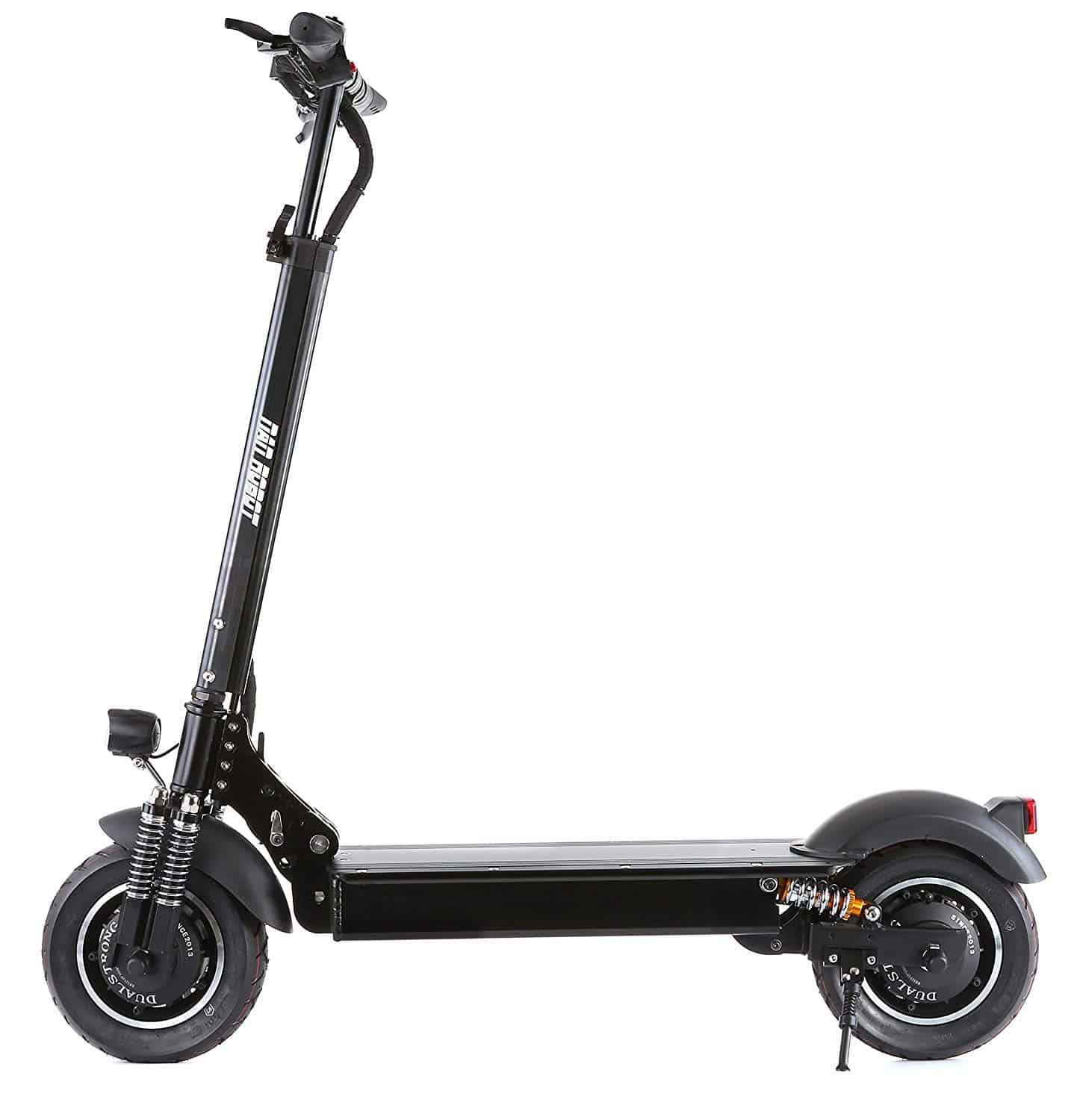I. Introduction
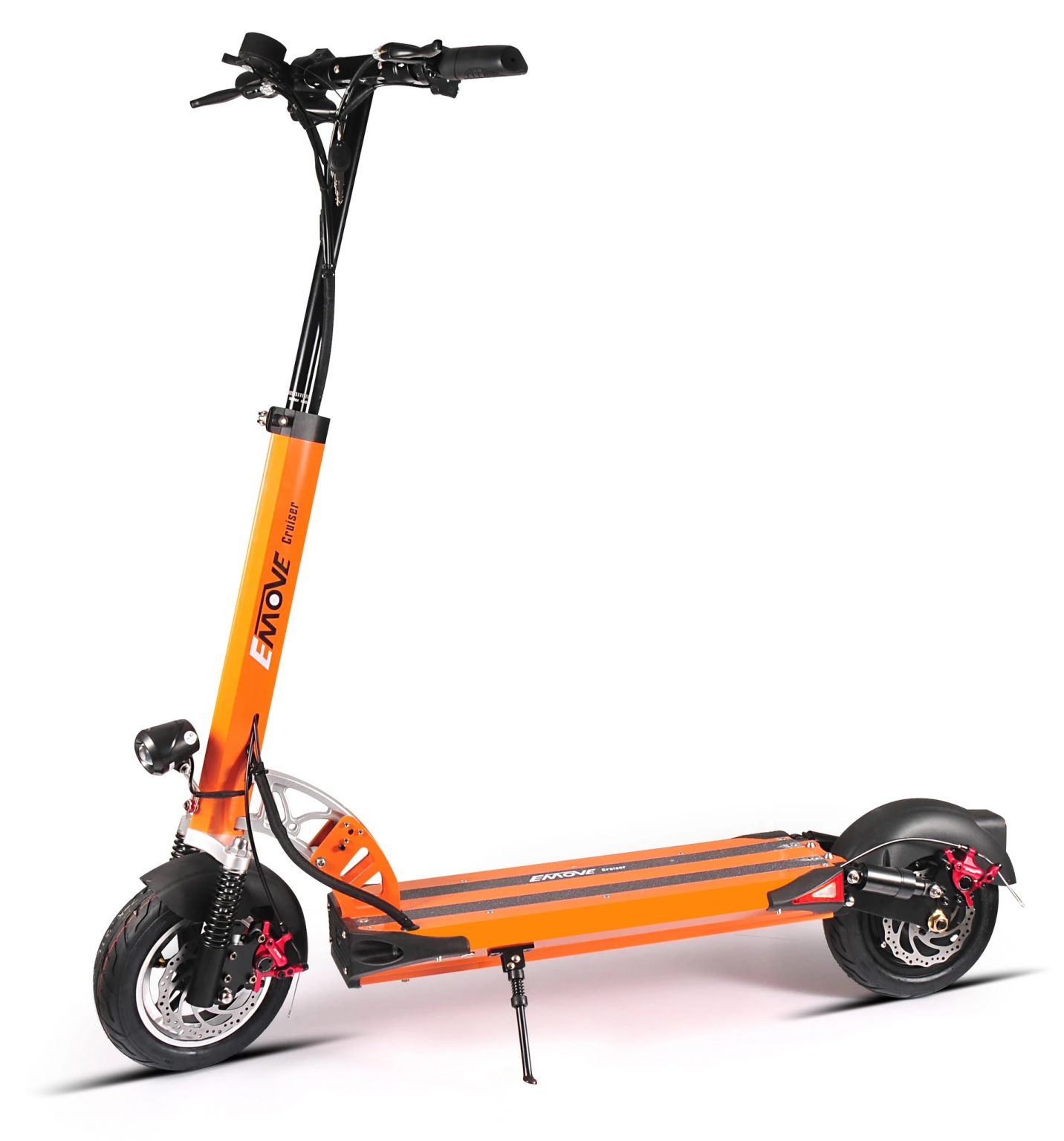
A. Significance of Bird scooter stock
Bird scooter stock has gained significant attention in recent years due to the growing popularity of electric scooters as an alternative mode of transportation. As more people look for eco-friendly and convenient ways to travel short distances, the demand for electric scooters has soared. Investing in Bird scooter stock allows individuals to benefit from the increasing adoption of this innovative form of transportation and potentially profit from its success.
B. Brief overview of Bird scooter company
Bird is a California-based electric scooter sharing company founded in 2017 by Travis VanderZanden. The company offers dockless electric scooters that users can rent through a smartphone application. Users locate nearby scooters using the app, unlock them with a QR code, and pay for their usage on a per-minute basis. Bird quickly gained popularity and expanded its operations to various cities across the United States and internationally.
II. Bird Scooter Stock Performance
A. History of Bird scooter stock
- Initial public offering (IPO)
Bird conducted its initial public offering (IPO) in September 2019, offering its shares to the public for the first time. The IPO allowed the company to raise significant capital to fuel its growth and expansion plans. The process involved the issuance of shares to institutional investors and retail investors, who could now trade Bird scooter stock on stock exchanges.
- Stock price trends since the IPO
Following its IPO, Bird scooter stock experienced both ups and downs. Initially, the stock price surged, driven by the hype surrounding the electric scooter industry and high demand for shares. However, as the market settled and competition intensified, the stock price faced fluctuations. It is important to note that stock prices can be affected by numerous variables, and past performance is not necessarily indicative of future performance.
B. Factors influencing Bird scooter stock performance
- Competition in the electric scooter market
The electric scooter market has attracted numerous players, increasing competition in this industry. Competitors like Lime, Spin, and Jump (owned by Uber) offer similar services and products to Bird, which can impact Bird scooter stock performance. The ability to differentiate and innovate is crucial for Bird to maintain its competitive advantage and attract investors.
- Regulatory challenges and changes
Regulatory challenges and changes can significantly impact Bird scooter stock performance. As electric scooters gained in popularity, cities and municipalities began to establish regulations regarding their usage and deployment. Changes in regulations can affect the company’s ability to operate in certain markets, potentially impacting its revenue and growth prospects.
- Financial performance and growth prospects
Bird’s financial performance and growth prospects play a crucial role in determining its stock performance. Investors closely monitor the company’s revenue growth, profitability, and ability to scale its operations. Positive financial indicators can boost investor confidence and attract more buyers, while negative performance can result in a decrease in stock price.
III. Investor Sentiment and Market Reactions
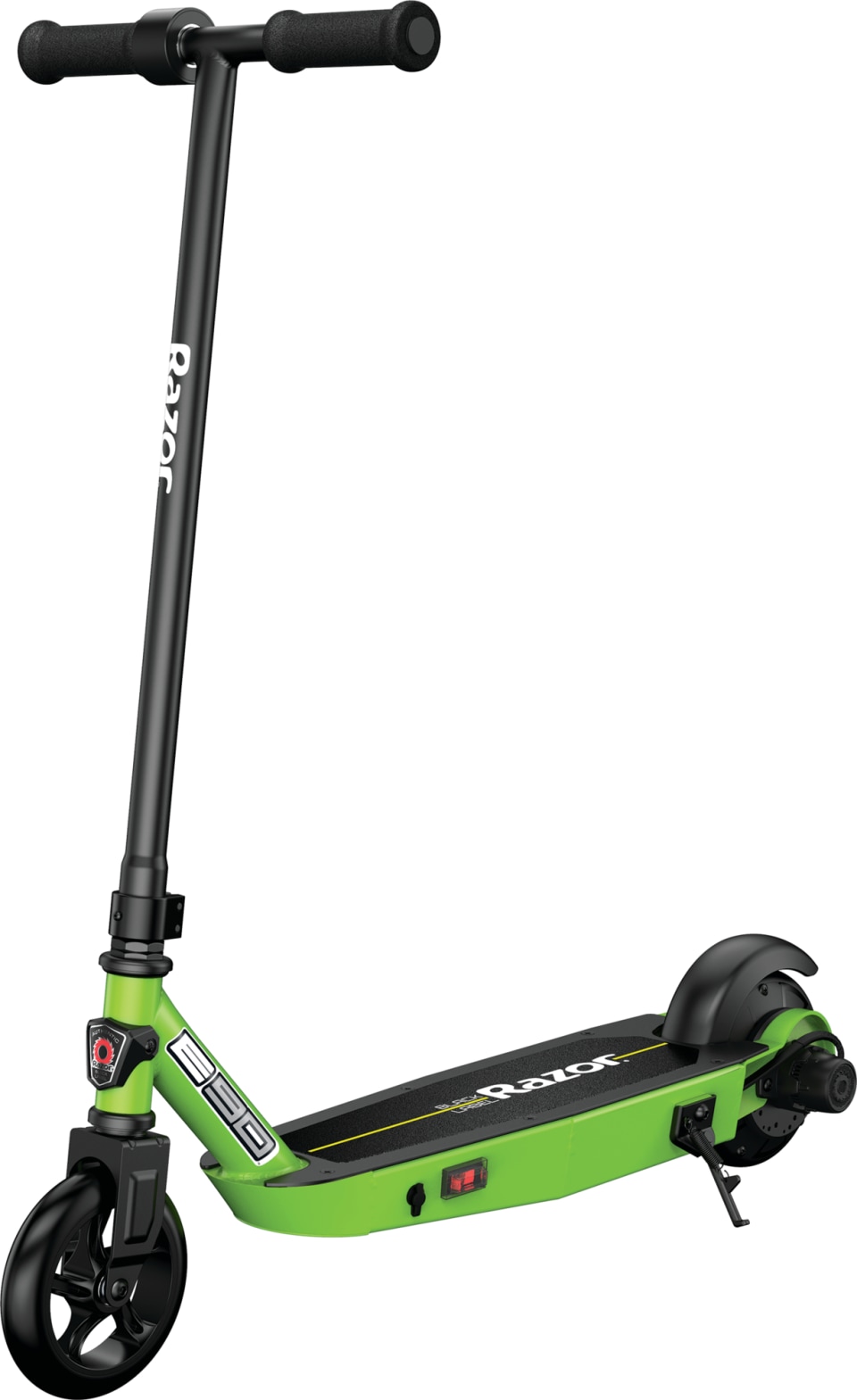
A. Analyst views and predictions
- Evaluation of Bird scooter stock
Investment analysts evaluate Bird scooter stock based on various factors, including market trends, financial performance, and growth potential. They analyze the company’s competitive position, market share, and revenue projections to determine the stock’s intrinsic value. Analyst reports and ratings provide investors with valuable insights to make informed investment decisions.
- Growth potential and market outlook
Investors also analyze the growth potential and market outlook for Bird and the electric scooter industry as a whole. Factors such as increasing urbanization, rising environmental concerns, and changing consumer preferences can drive the demand for electric scooters. Positive market outlook and growth potential can attract investors to Bird scooter stock.
B. Market reactions to news and events
- Impact of regulatory changes on stock performance
Changes in regulations regarding electric scooters can have a significant impact on Bird scooter stock performance. Favorable regulatory changes, such as new permits or relaxed restrictions, can result in a surge in stock price. Conversely, stricter regulations or bans can lead to a decrease in stock price as investors react to the potential negative impact on the company’s operations.
- Positive and negative developments affecting investor sentiment
Positive developments, such as expansion into new markets, partnerships with other businesses, or the introduction of innovative features, can boost investor sentiment and lead to an increase in stock price. On the other hand, negative developments, such as accidents involving Bird scooters or negative media coverage, can erode investor confidence and result in a decline in stock price.
IV. Future Prospects and Challenges
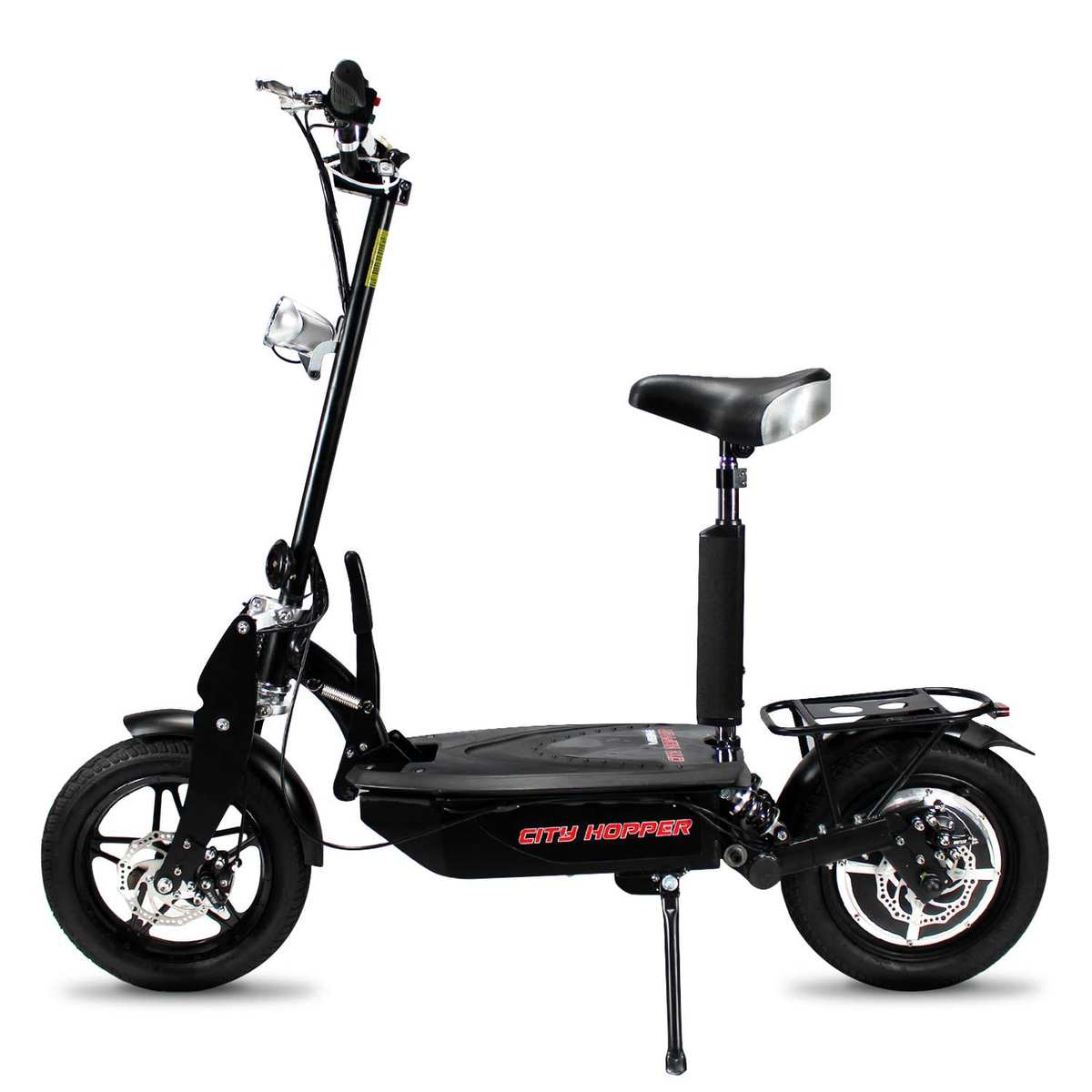
A. Expansion plans and new markets
- International growth and market penetration
Bird, the electric scooter sharing company, has quickly gained popularity in the United States since its launch in 2017. With its success in the domestic market, Bird is now eyeing international expansion and market penetration. The company has already started its operations in several cities outside the US, such as Paris, Tel Aviv, and Mexico City, and has plans to enter many more cities across the globe.
One of the key strategies that Bird adopts for its international expansion is partnering with local authorities and governments. This helps the company navigate through the regulatory challenges and establish a strong presence in new markets. By collaborating with local municipalities, Bird aims to ensure the success of its operations and alleviate any concerns that may arise.
However, expanding internationally comes with its own set of challenges. Each country has its regulations and compliance requirements, which Bird needs to understand and adapt to. Furthermore, cultural differences and consumer preferences vary across different regions, making it essential for Bird to customize its offerings to suit the local market.
- Diversification into related industries
Another expansion plan for Bird involves diversifying its business into related industries. While electric scooters have been the company’s primary focus, Bird aims to become a leader in the broader micro-mobility space. This includes exploring opportunities in areas such as electric bikes, mopeds, and even autonomous vehicles.
By diversifying its offerings, Bird can tap into different segments of the market and cater to a wider range of consumer needs. Moreover, entering new markets within the micro-mobility sector can enable the company to generate additional revenue streams and reduce its dependence on a single product.
B. Challenges and risks for Bird scooter stock
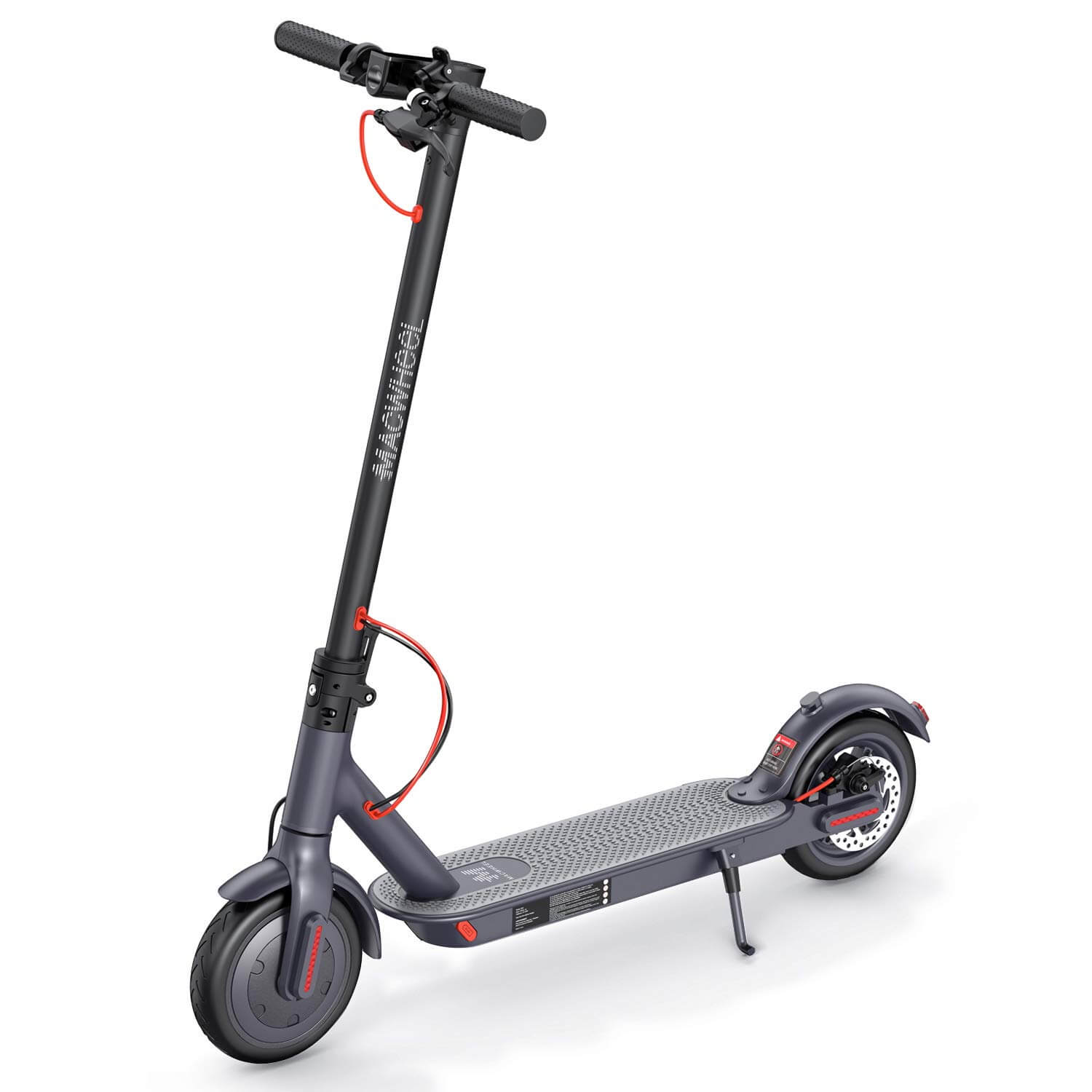
- Competition from other electric scooter companies
As the electric scooter industry continues to gain momentum, the competition is intensifying. Bird faces stiff competition from other major players in the market, such as Lime, Spin, and Jump (owned by Uber). These companies often operate in the same cities, offering similar services to the consumers.
To stay ahead in this highly competitive market, Bird needs to differentiate itself by offering superior technology, user experience, and customer service. This requires continuous innovation and investment in research and development. Failure to do so may result in the loss of market share and customer loyalty.
- Environmental and sustainability concerns
While electric scooters are touted as an environmentally friendly mode of transportation, there are concerns regarding their impact on sustainability. One major concern is the short lifespan of scooters due to heavy usage and wear and tear. The frequent need for repairs and replacements not only impacts the economic viability of the business but also increases the carbon footprint associated with manufacturing and disposing of the scooters.
Additionally, the inability to handle the high demand for scooters during peak hours often leads to Birds being left scattered on sidewalks and public spaces. This not only creates clutter but also poses safety risks for pedestrians. To address these concerns, Bird, along with other companies in the industry, needs to invest in sustainable manufacturing practices, efficient maintenance, and responsible deployment and retrieval processes.
In conclusion, Bird’s future prospects look promising, considering its plans for international expansion and diversification into related industries. However, the company also faces challenges such as intense competition and sustainability concerns. By proactively addressing these challenges, Bird can position itself as a leader in the micro-mobility space and continue to disrupt the transportation industry with its innovative solutions.
